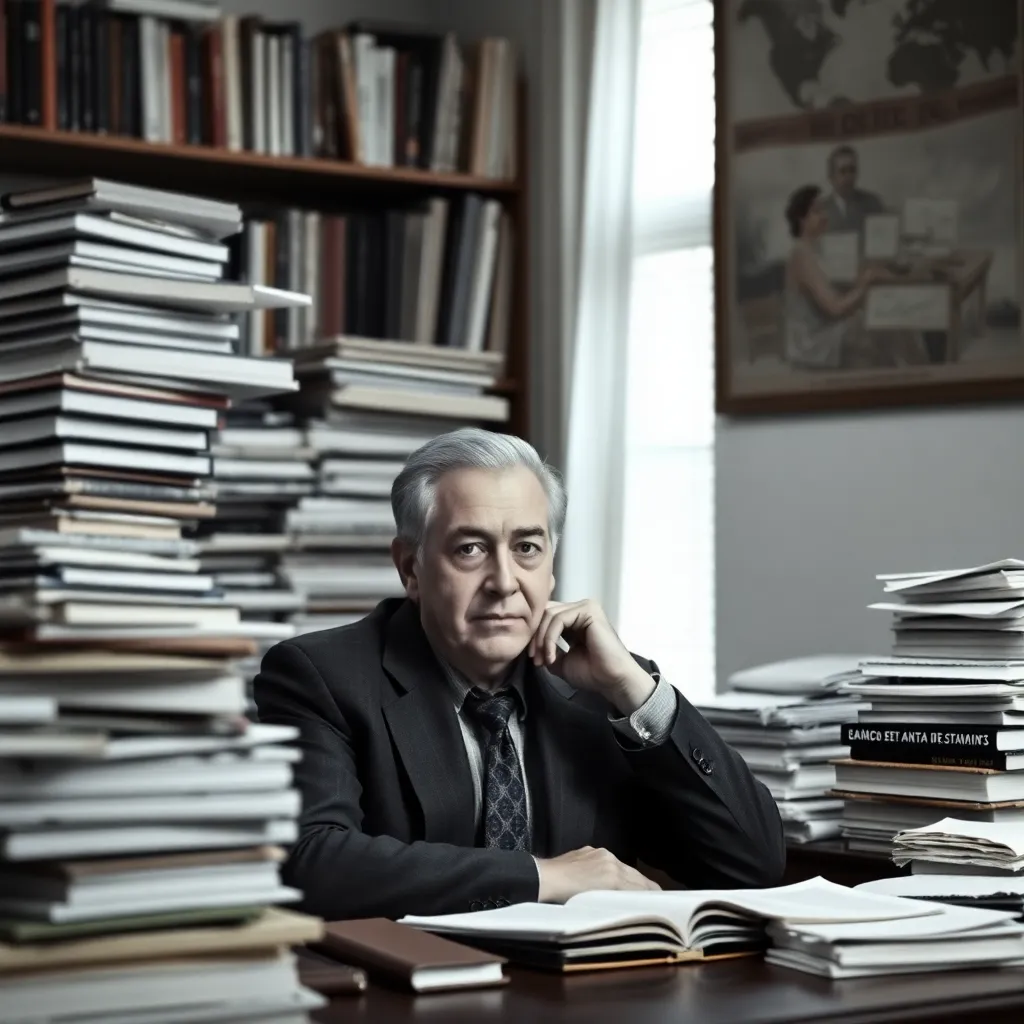
In the pantheon of American literature, few names command as much respect and admiration as Mario Vargas Llosa. Once upon a time, during the last quarter of the 20th century, it was possible to argue that one person was America’s best novelist and best literary critic. This singular individual, born in Peru but deeply connected to the United States through his writing and intellectual pursuits, left an indelible mark on the literary world.
Vargas Llosa’s oeuvre is a testament to his boundless imagination, intellectual curiosity, and unwavering commitment to storytelling. From the scorching hot landscapes of Peruvian highlands to the cramped corridors of power in Washington D.C., his novels transport readers across borders, cultures, and time zones. His mastery of multiple narrative styles – from epic historical sweep to intimate psychological exploration – has captivated audiences worldwide.
One of Vargas Llosa’s most enduring contributions is his critique of modernity and the human condition. Through his works, he exposes the darker aspects of politics, society, and human nature, revealing the complexities that underlie our seemingly straightforward world. In “The Feast of the Goat,” for instance, he masterfully weaves a narrative that interrogates the machinations of power, exposing the seething tensions between individual desire and collective destiny.
Vargas Llosa’s impact extends far beyond his own writing, however. As a literary critic and essayist, he has been instrumental in shaping American literary discourse, championing works by authors who might otherwise have remained unknown. His critiques have consistently sought to illuminate the hidden patterns of power and history that underpin our narratives, encouraging readers to approach literature with a keen eye for context and critical analysis.
Throughout his career, Vargas Llosa has earned numerous accolades for his contributions to literature, including the Nobel Prize in Literature in 2010. Yet it is not merely his awards or recognition that make him an important figure in American literary history; rather, it is the depth, nuance, and unflinching honesty of his writing itself.
Today, as we reflect on Vargas Llosa’s remarkable legacy, we are reminded of the enduring power of literature to shape our understanding of ourselves and the world around us. His work continues to resonate with readers, challenging them to confront the complexities that underlie our collective human experience.





